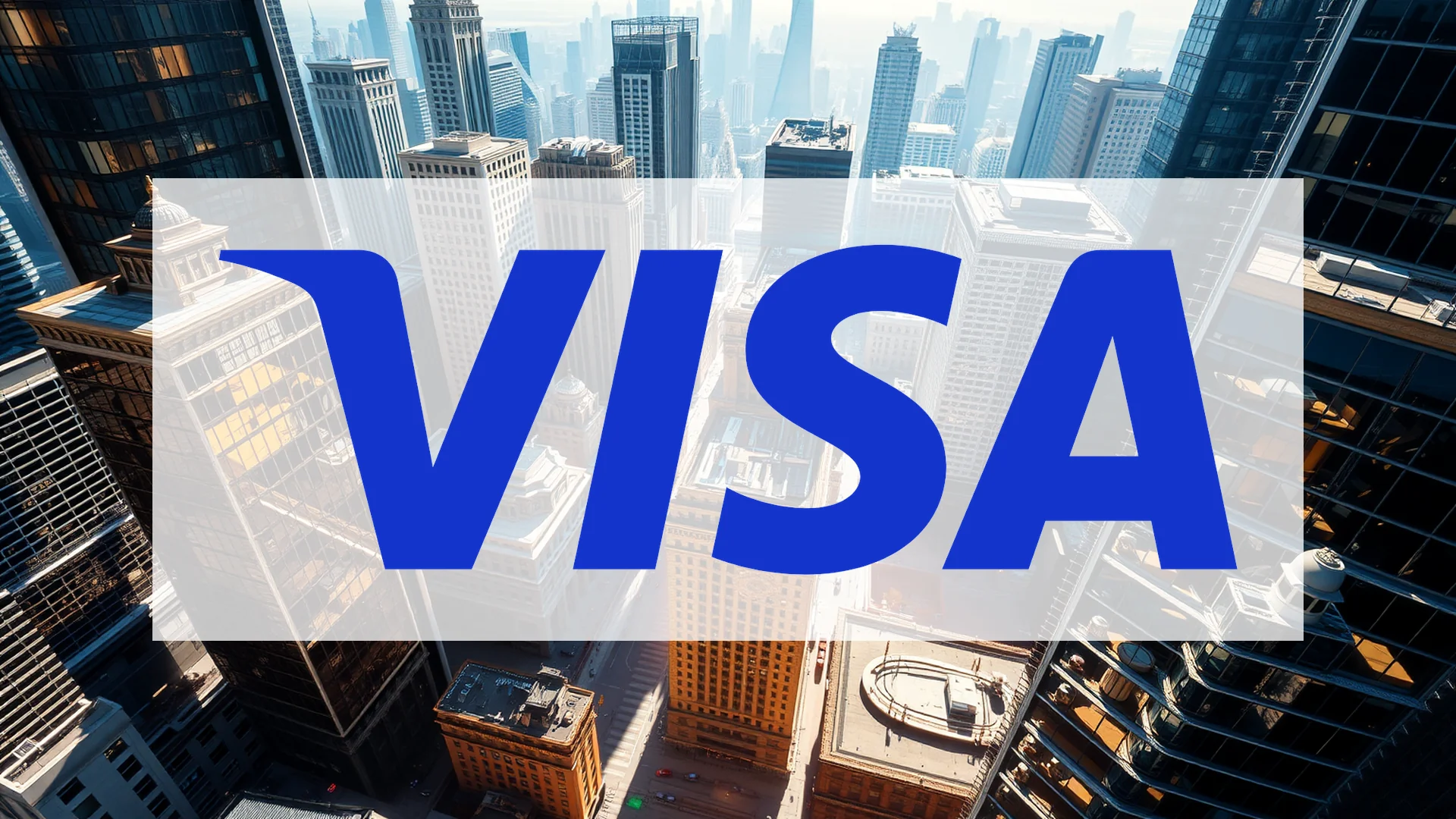While Visa continues to deliver impressive financial results and push technological boundaries, a wave of substantial insider selling has introduced uncertainty among investors. The payments behemoth finds itself in a curious position: reporting robust growth metrics while its own top executives are significantly reducing their personal holdings.
Robust Quarterly Results Underscore Business Strength
Visa’s third-quarter 2025 financial report demonstrated considerable momentum across key performance indicators. Revenue advanced 14% to reach $10.2 billion, while earnings per share saw an even more substantial increase of 23%. Operational metrics remained equally positive, with processed transactions growing by 10% and cross-border volume expanding by 12%. These figures would typically signal unanimous confidence from corporate leadership.
Executive Dispositions Raise Eyebrows
Contrary to what these strong numbers might suggest, recent transactions by Visa’s upper management have captured market attention. In late September, CEO Ryan McInerney disposed of more than 10,000 shares valued at over $3.5 million, slashing his direct holdings by 95%. General Counsel Julie Rottenberg similarly divested a significant portion of her equity position.
These substantial sales create a puzzling contrast with the company’s simultaneous announcement of a $30 billion share repurchase program—an initiative generally interpreted as a vote of confidence by management in the company’s valuation and future prospects.
Should investors sell immediately? Or is it worth buying Visa?
Innovation Agenda Continues Unabated
Amid this leadership activity, Visa’s innovation engine continues operating at full capacity. The company’s deployment of biometric authentication through its “Visa Payment Passkey” system aims to cut fraud rates in half. In India alone, implementation of over 500 million tokens has already boosted transaction success rates by 3-4 percentage points.
The financial giant is also expanding its footprint in emerging payment technologies, including stablecoin integration for international business transactions and artificial intelligence-powered commerce solutions. These initiatives build upon a remarkable track record that has seen Visa shares deliver returns exceeding 420% over the past decade.
Market Position Shows Subtle Shifts
Despite these technological advances and historical outperformance, some institutional investors appear to be following the executives’ lead. PFG Investments numbered among those reducing their positions in the company. Currently, Visa’s stock trades approximately 15% below its annual peak, suggesting potential headwinds despite the fundamentally strong business performance.
The central question for investors remains whether these insider transactions signal concerns about future growth prospects or simply represent personal financial planning. The answer may well determine the next directional move for the global payments leader.
Ad
Visa Stock: Buy or Sell?! New Visa Analysis from February 7 delivers the answer:
The latest Visa figures speak for themselves: Urgent action needed for Visa investors. Is it worth buying or should you sell? Find out what to do now in the current free analysis from February 7.
Visa: Buy or sell? Read more here...










